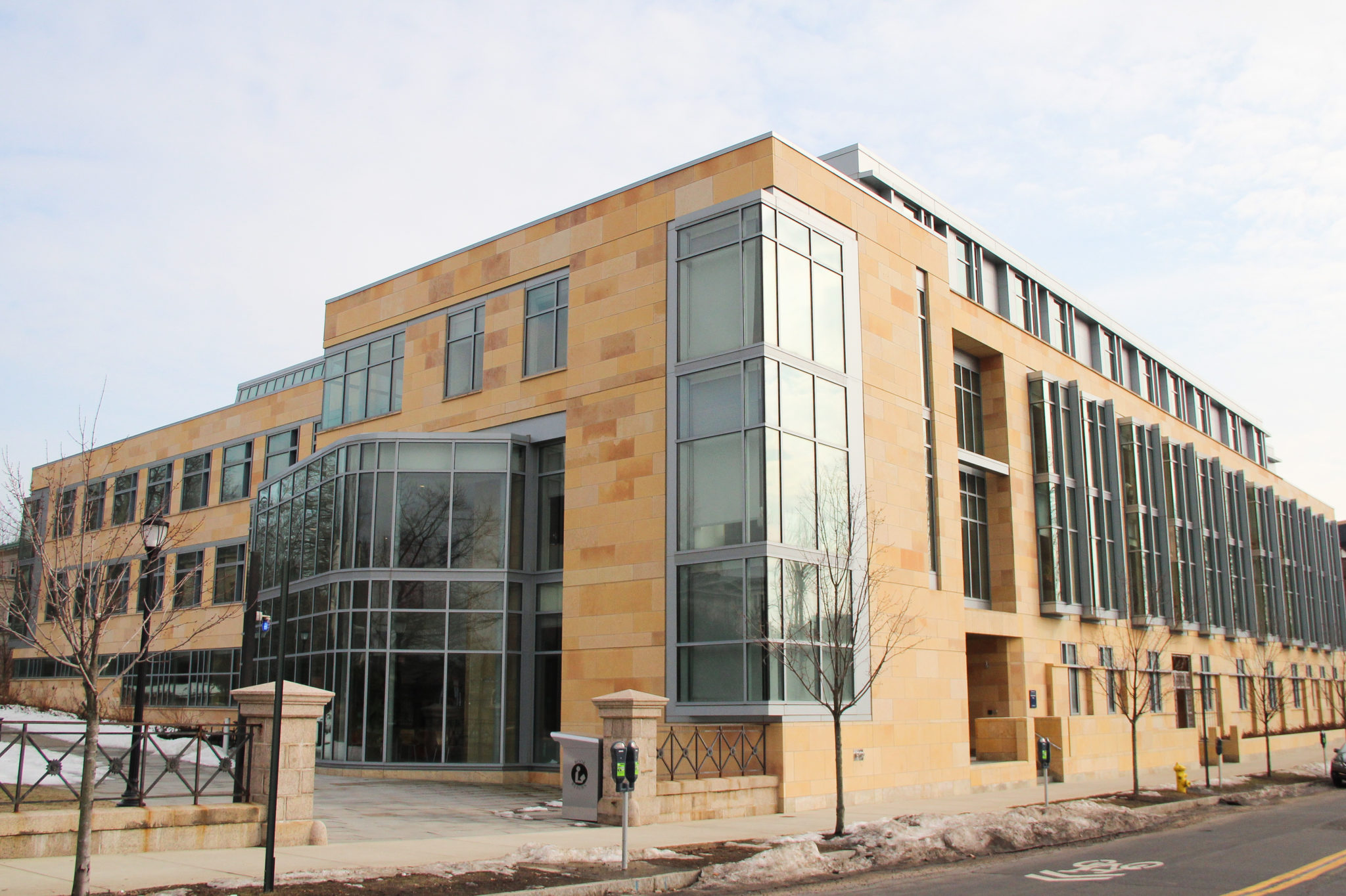
Wikimedia Commons
Among hundreds of Yalies who graduate with bachelor’s degrees every May, only around a handful — if that — are awarded a simultaneous master’s degree.
Fifteen departments at the University offer seniors a simultaneous master’s degree in four years, according to the Yale catalogue. Each field of study has its own requirements, with the history and political science departments requiring students to take graduate-level courses, while also completing their undergraduate degree. According to professors interviewed by the News, obtaining both bachelor’s and master’s degrees give students a leg-up in graduate school admissions. At the same time, many said that the program is not everyone and that its benefits can be ambiguous.
“Graduate school is no small thing,” History Director of Undergraduate Studies Edward Rugemer said. “It’s a long commitment in time, and the job market on the other end is tight.”
Rugemer oversees admission into the combined program for the History Department. Overall, he said, less than 10 undergraduates attempt to straddle both Yale College and the Graduate School of Arts and Sciences history curricula each year. These students are among the most capable in the major, Rugemer said.
“It’s not for the faint hearted,” the DUS explained.
Departments which offer simultaneous degree options include American Studies, Chemistry, Classics, Computer Science, East Asian Studies, Italian, Linguistics, Music and Statistics and Data Science.
Along with a senior thesis, Rugemer said that history students in the program have to take additional graduate-level courses and complete a foreign language requirement. Typically, successful applicants complete their undergraduate course requirements by the fall semester of their junior year, he said. That leaves enough time to take the required number of graduate courses, which he called more rigorous than those of their undergraduate counterparts.
“It’s more reading, it’s a more challenging seminar conversation with graduate students, it’s challenging,” Rugemer said. “I encourage [students] to have taken a graduate-level course before they apply.”
History Graduate Registrar Marcy Kaufman wrote in an email to the News that students in the History program must complete eight graduate courses, including two with a substantial writing component.
According to Political Science Director of Undergraduate Studies David Simon, the number of undergraduates who pursue a master’s degree is limited to roughly three or four each year. He emphasized that it’s important not to have too many undergraduates enrolled in the graduate school program, which is intentionally small to begin with. In some years, the maximum has not been an issue. But in others, he added, his team has had to select from an applicant pool based on transcripts and advisor recommendations.
According to Simon, graduate-level courses feature deeper dives into given topics. Their term papers are typically five to 10 pages longer than those of undergraduate courses, the political science professor said. He added that generally, graduate courses expect higher writing, analysis and argumentative skills. While he said some undergraduates could do the work, everyone should put thought into whether the program is right for them.
“There are some students for whom I think a Ph.D. ought to be in their future, and even though it’s not a shortcut, it’s good practice,” Simon said. But for others, “if I get the sense that it looks like a shiny object, another credential, without a real sense of what they’re using it for,” he might show restraint.
Even so, the benefits of a four-year master’s degree are not entirely clear, Simon said. A stand-alone master’s degree in political science is not something that scholars of academia are expected to have, he added. And students looking for a shortcut in doctoral programs could be disappointed to know that many programs will have them go through their own master’s curriculum to encourage connections within one’s cohort, he said.
Simon said that an ideal candidate for the program is “someone who loves political science and loves the discipline of political science — and not just the topics that are covered … in other words, not just politics junkies.”
Yale’s Department of History started in 1919, according to its website.
Matt Kristoffersen | matthew.kristoffersen@yale.edu







